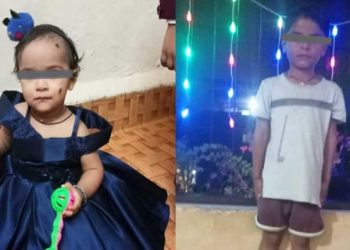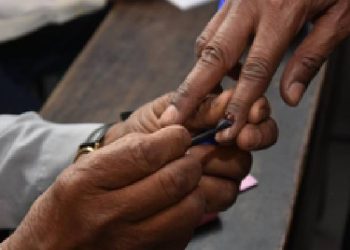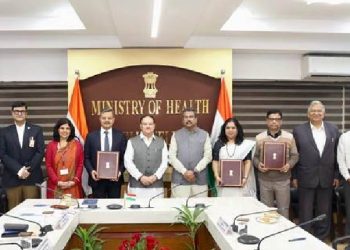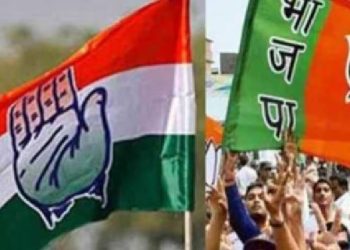New Delhi: Union Education Minister Dharmendra Pradhan on Saturday launched a 100-day reading campaign titled ‘Padhe Bharat’ in line with the National Education Policy (NEP) 2020, which emphasises on the promotion of joyful reading culture among children by ensuring availability of age-appropriate reading books in any language.
Launching the campaign, the minister underlined the importance of reading habit that children need to develop to ensure continuous and lifelong learning.
He said the habit of reading, if inculcated at an early age, helps in brain development, enhances imagination and provides a conducive learning environment for children.
Pradhan emphasised that reading is the foundation of learning, which motivates students to read books independently, develops creativity, critical thinking, vocabulary and the ability to express both verbally and in writing.
It helps children relate to their surroundings and real-life situations, he added. Pradhan also stressed the need to create an enabling environment in which students read for pleasure and develop their skills through a process that is enjoyable and sustainable and which remains with them for life.
He also shared the names of the five books that he picked to begin reading. He encouraged everyone to adopt the habit of reading books and urged all to share what they are reading along with suggestions.
The ‘Padhe Bharat’ campaign will focus on children studying in nursery to Grade 8. The reading campaign will be organised for 100 days (14 weeks) from January 1 to April 10.
The campaign aims to have the participation of all the stakeholders at the national and state level, including children, teachers, parents, educational administrators etc.
One activity per week per group has been designed with focus on making reading enjoyable and building a lifelong association with the joy of reading. The campaign has also been aligned with the vision and goals of the foundational Literacy and Numeracy Mission.
The 100-day reading campaign will focus on Indian languages, including mother tongue, local, and regional languages.
(IANS)



















